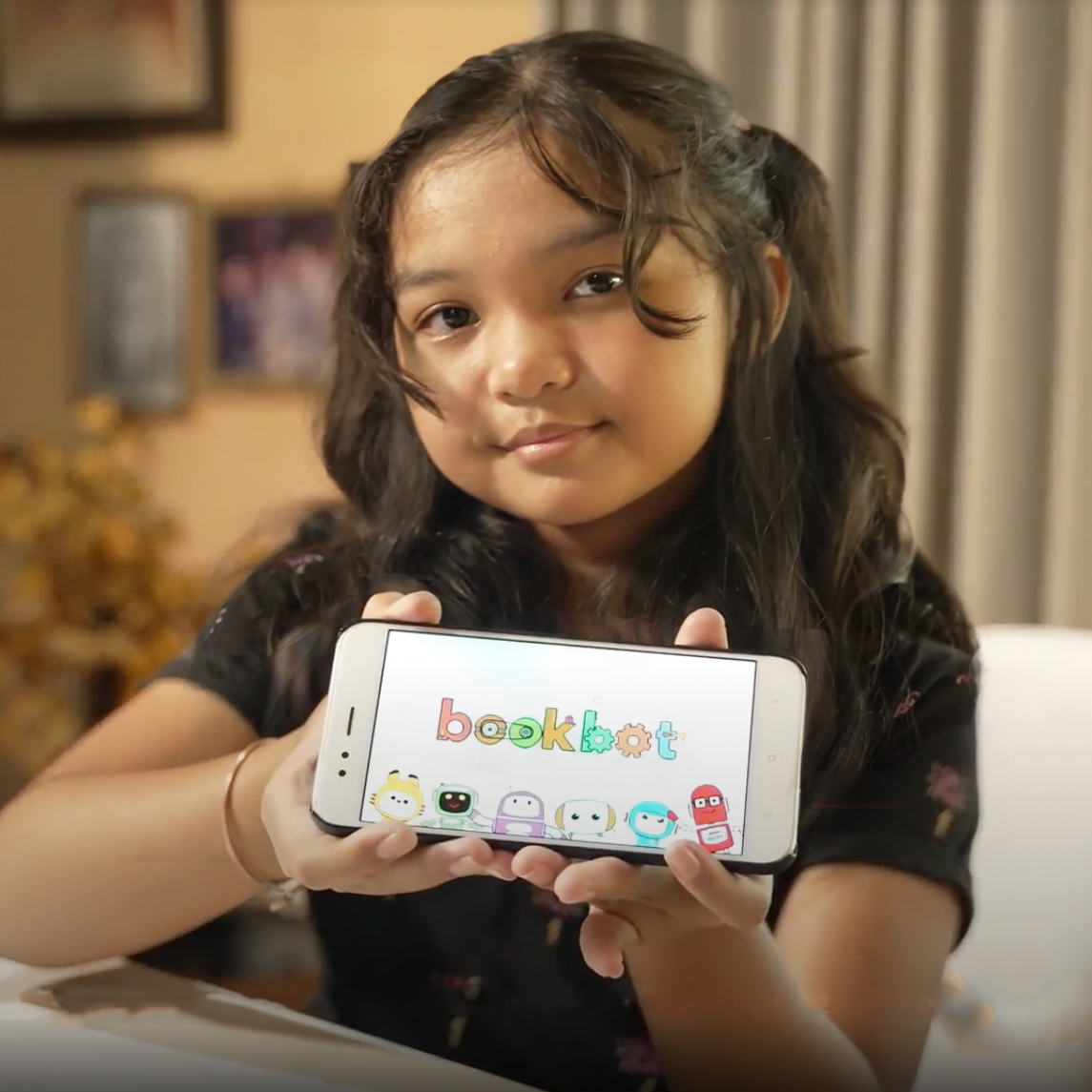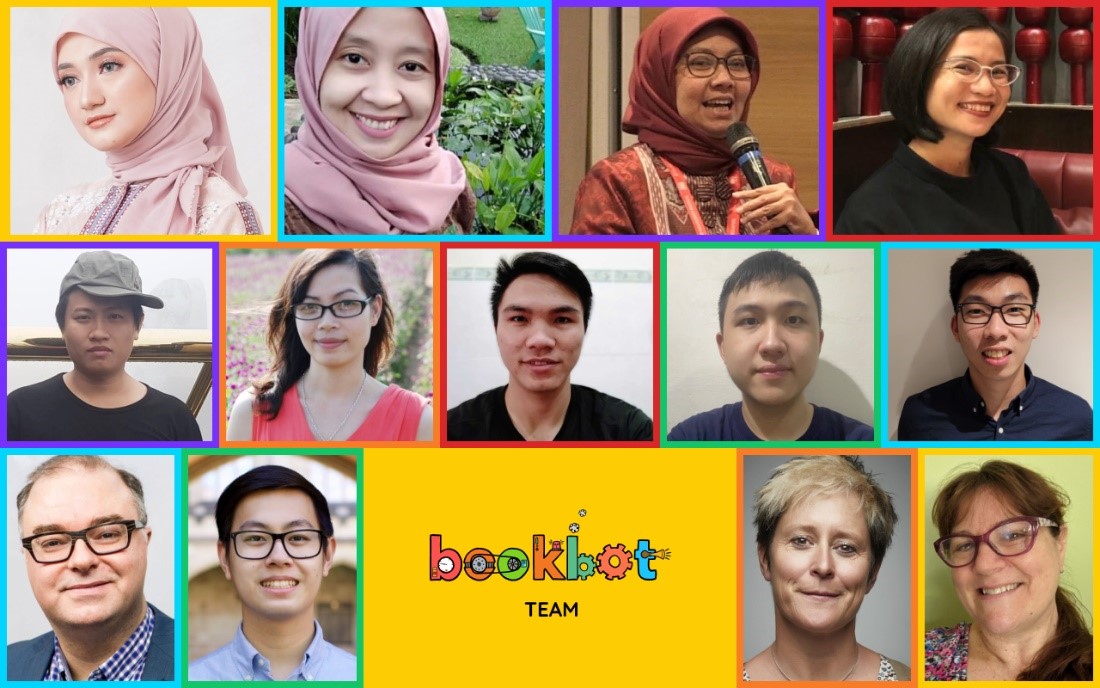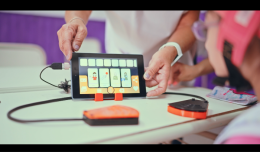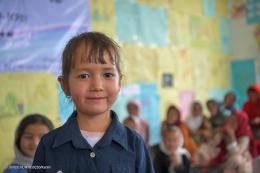"The Bookbot app is helping children with limited access to books across Indonesia learn how to read. Our speech recognition technology has also shown incredible results increasing the reading fluency of children with learning difficulties."
What type of social issue/ impact area does your solution aim to solve?
The World Literacy Foundation says that over half of all children truly struggle to read; either through learning difficulties or a lack of support from a competent adult. As a result, today 1 in 5 adults globally still cannot read or write.
Globally, 584 million children are experiencing reading difficulties and more than 393 million children have failed to gain the basic literacy skills at age 10. At Bookbot, we are helping children learn to read, especially those without adequate reading infrastructure (physical libraries, books, etc.) and helping children with reading difficulties, such as dyslexia, learn to read.
In the past 18 months, we have been working closely with the Indonesian Ministry of Education. In a 2016 survey by the Central Connecticut State University, Indonesia was ranked 60th out of 61 participating countries for reading comprehension. Previous studies and discussions show that several of the reasons behind this low ranking include limited accessibility to books, along with unattractive, overly formal, and lecture-like book topics.
What is unique about your solution and how is it different from what currently exists?
Bookbot differs from other reading apps by helping children keep their focus on the words they are reading, improving their pacing and their comprehension. The app listens to the child as they read aloud, assisting their reading, and tracking their fluency. Through the app, we also provide access to a large library of diverse levelled phonics books in a small space, available offline. In addition, our reports app allows teachers and parents to see reading fluency improvements over time.
Team and Diversity
Tell us more about your team. What makes your team diverse?
We currently have a team of 16, brought together by our passion for literacy and giving all children the opportunity to learn to read. Our team members are located across Asia, from Vietnam and Indonesia to Singapore and Australia. Each member of our team is at a different stage of their life, with some as young as 20 and still at university, while others have 20 or more years of experience in the industry. While we come from vastly different backgrounds and upbringings, we are united in our commitment to the Bookbot cause.
Why is diversity important for your startup? How does it add value?
Diversity is integral to every startup and Bookbot is no exception. Team members from different backgrounds bring with them their own unique skill sets and knowledge. It’s important to recognize that everyone brings different strengths to the table. These different perspectives promote increased creativity, innovation, problem-solving, and decision making. In a broader business sense, the benefits include aspects such as intercultural fluency and knowledge of international markets, which are invaluable for startups looking to expand globally.
"The support from the UNICEF Venture Fund is helping us prove the efficacy of Bookbot as a learning assistance tool, in turn helping us to raise further investment from other sources."
Challenges and Support Needed
What challenges are you currently facing in building your solution and/or startup?
Data collection: we need large quantities of data to build a great speech recognition model. While the amount of data we have collected so far is wonderful, we need a higher magnitude to achieve a speech recognition system with higher accuracy.
How can others support you in working towards overcoming these challenges?
If more children use Bookbot, it will help us obtain more data. We’re looking to incorporate more regional accents across Indonesia, to help children from across this diverse country learn to read.
If you have children who are interested in reading and would like access to over one thousand books, you can try downloading Bookbot for Android or iOS.







